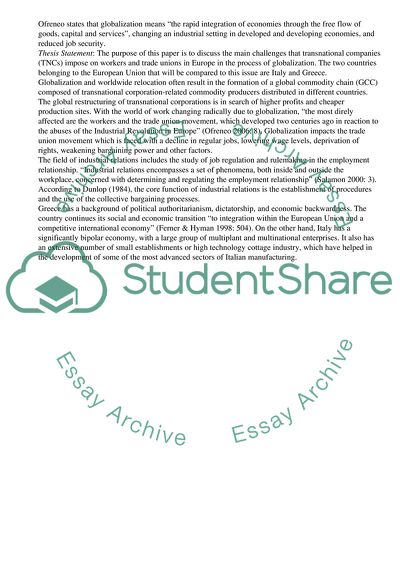Cite this document
(The Impact of Transnational Corporations on Italy and Greece Coursework, n.d.)
The Impact of Transnational Corporations on Italy and Greece Coursework. Retrieved from https://studentshare.org/business/1737366-industrial-relations
The Impact of Transnational Corporations on Italy and Greece Coursework. Retrieved from https://studentshare.org/business/1737366-industrial-relations
(The Impact of Transnational Corporations on Italy and Greece Coursework)
The Impact of Transnational Corporations on Italy and Greece Coursework. https://studentshare.org/business/1737366-industrial-relations.
The Impact of Transnational Corporations on Italy and Greece Coursework. https://studentshare.org/business/1737366-industrial-relations.
“The Impact of Transnational Corporations on Italy and Greece Coursework”, n.d. https://studentshare.org/business/1737366-industrial-relations.


